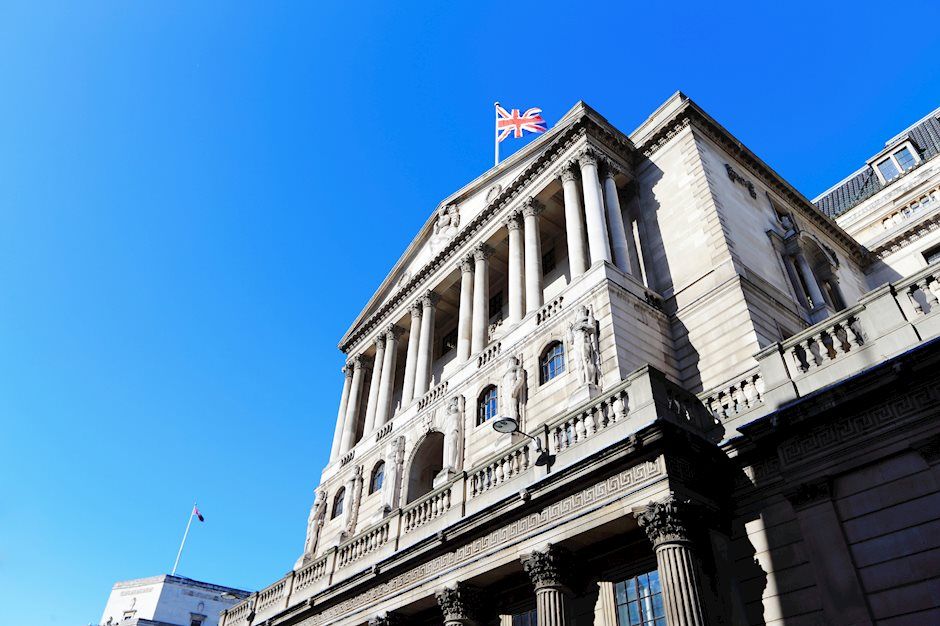BoE: Monetary Policy Summary and minutes of the Monetary Policy Committee meeting - full text

The Bank of England’s Monetary Policy Committee (MPC) sets monetary policy to meet the 2% inflation target, and in a way that helps to sustain growth and employment. At its meeting ending on 6 February 2019, the MPC voted unanimously to maintain Bank Rate at 0.75%.
The Committee voted unanimously to maintain the stock of sterling non-financial investment-grade corporate bond purchases, financed by the issuance of central bank reserves, at £10 billion. The Committee also voted unanimously to maintain the stock of UK government bond purchases, financed by the issuance of central bank reserves, at £435 billion.The MPC’s latest projections for inflation and activity are set out in the accompanying February Inflation Report. They are conditioned on a smooth adjustment to the average of a range of possible outcomes for the UK’s eventual trading relationship with the European Union and the gently rising path of Bank Rate implied by market yields.
The world economy has continued to slow over recent months, with a broad-based softening across all regions. That deceleration reflects the past tightening in global financial conditions, as well as the initial impact of trade tensions on business sentiment. Global growth is expected to dip below trend in coming quarters, weighing on UK net trade, before rising to around potential rates. Activity is projected to be supported by the more accommodative monetary policies in all major economic areas that markets now expect.
UK economic growth slowed in late 2018 and appears to have weakened further in early 2019. This slowdown mainly reflects softer activity abroad and the greater effects from Brexit uncertainties at home. These uncertainties could lead to greater-than-usual short-term volatility in UK data, which may therefore provide less of a signal about the medium-term outlook. Heightened uncertainty and elevated bank funding costs are assumed to subside over time, as greater clarity on future trading arrangements is assumed to emerge. These developments, together with looser fiscal policy, provide support to domestic spending. In the Committee’s central projection, quarterly GDP growth recovers later this year, with four-quarter growth rising to 2% by the end of the forecast period.
CPI inflation fell to 2.1% in December and is expected to decline to slightly below the MPC’s 2% target in the near term, largely due to the sharp fall in petrol prices which has occurred since November. As that effect unwinds, CPI inflation rises above 2%. The MPC judges that demand and potential supply are currently broadly in balance. The weaker near-term outlook is likely to lead to a small margin of slack opening up this year. Thereafter, demand growth exceeds the subdued pace of supply growth and excess demand builds over the second half of the forecast period. As a result, domestic inflationary pressures firm, as the upward pressure on inflation of sterling’s past depreciation wanes. Under the assumptions that condition the February Report, inflation settles at a rate a little above the target.
The Committee judges that, were the economy to develop broadly in line with its Inflation Report projections, an ongoing tightening of monetary policy over the forecast period, at a gradual pace and to a limited extent, would be appropriate to return inflation sustainably to the 2% target at a conventional horizon.
The economic outlook will continue to depend significantly on the nature of EU withdrawal, in particular: the new trading arrangements between the European Union and the United Kingdom; whether the transition to them is abrupt or smooth; and how households, businesses and financial markets respond. The appropriate path of monetary policy will depend on the balance of these effects on demand, supply and the exchange rate. The monetary policy response to Brexit, whatever form it takes, will not be automatic and could be in either direction. The MPC judges at this month’s meeting that the current stance of monetary policy is appropriate. The Committee will always act to achieve the 2% inflation target.
Author

Eren Sengezer
FXStreet
As an economist at heart, Eren Sengezer specializes in the assessment of the short-term and long-term impacts of macroeconomic data, central bank policies and political developments on financial assets.

















